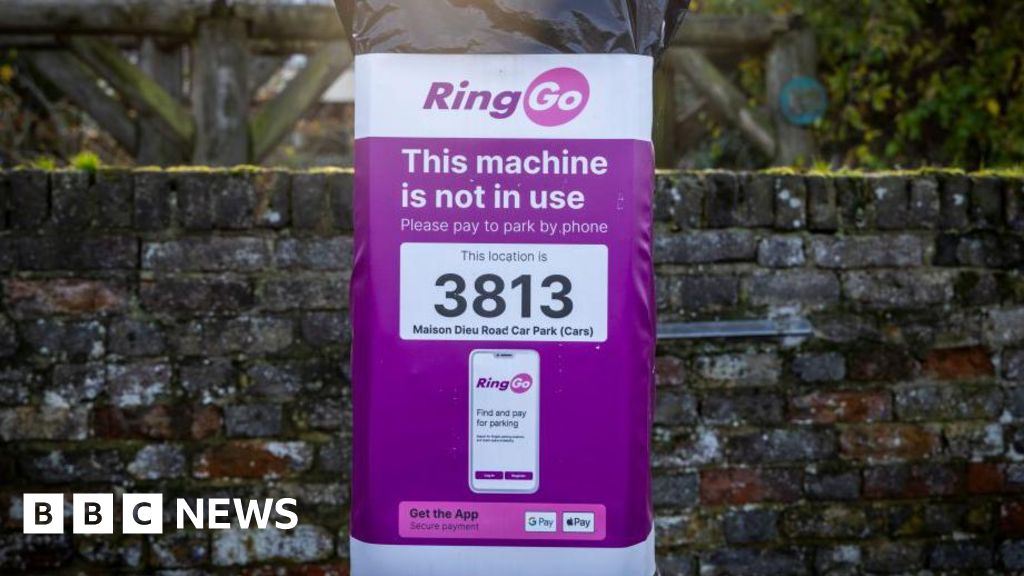ARTICLE AD BOX
Image source, Getty Images
Independent broadband network providers have criticised Ofcom for accepting Openreach's reduction in fibre-to-the-premises (FTTP) broadband costs.
Openreach says its "Equinox" offer means Internet service providers (ISPs) will pay less for FTTP.
Companies such as Sky that use Openreach's fibre broadly welcomed the deal.
But competitors say it will reduce investment in alternative FTTP schemes and harm competition.
The Equinox offer, which begins today, means that ISPs such as TalkTalk or Sky will get a discount in return for making FTTP broadband their default choice for customers where available.
Ofcom had consulted on the offer but concluded it did not raise competition concerns at this stage.
Ofcom told the BBC: "Our decision means people will benefit from investment in faster networks. All companies should be allowed to innovate, including Openreach.
"We've carefully considered this offer and rivals' views, and concluded that it does not raise concerns requiring intervention, and is consistent with network competition."
Image source, Openreach/BBC
Alternative fibre
But so-called alt-nets - independent broadband network providers - say the Equinox offer is bad for competition.
The Independent Networks Co-operatives Association (INCA), which represents many alt-nets, accused Openreach of "using its market power to reinforce its dominant position".
Openreach was simply trying to persuade ISPs to move to its fibre networks, it suggested.
The INCA told the BBC that the impact of Equinox would be "a reduction in wholesale competition which will inevitably result in higher prices and lower standards of service in the long run for consumers".
INCA chief executive Malcolm Corbett said it could also result in "delays to fibre deployment especially in rural and hard to reach locations".
One independent firm, Gigaclear, which operates a full fibre broadband network in rural areas across central and southern England said it was "extremely disappointed by Ofcom's decision".
But Openreach said the deal was "great news for homes and businesses all over the UK".
The company's Mark Shurmer said: " Our new wholesale pricing gives ISPs more long-term certainty, enables them to compete in a highly competitive market, and makes ultrafast full fibre technology the default choice wherever it's available."
Balancing act
Matthew Howett, an industry analyst and founder of research firm Assembly, told the BBC some degree of consolidation in the industry now seemed certain.
"If that results in giving stability and scale to those alt-nets in their competitive battle with the larger incumbents then ultimately that can't be a bad thing for consumers," he said.
"A competitive fibre rollout is arguably Ofcom's flagship policy and so any early indications the Equinox offer is having a negative impact for consumers you would think would be met with intervention. It's a bit like a pair of scales that are precariously balanced - we'll need time to see where they settle."

 3 years ago
84
3 years ago
84








 English (US) ·
English (US) ·